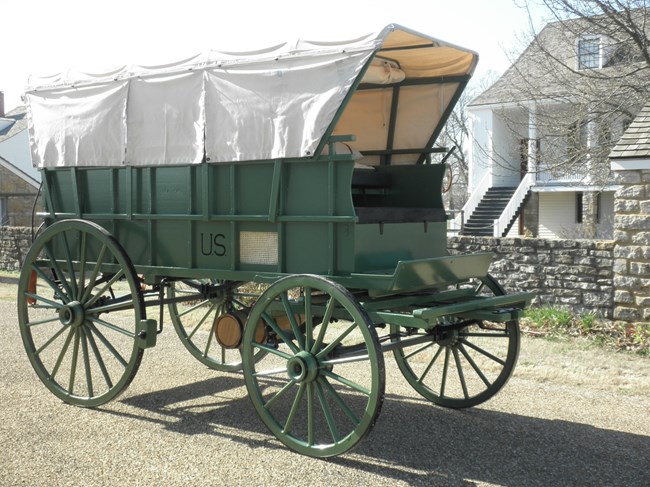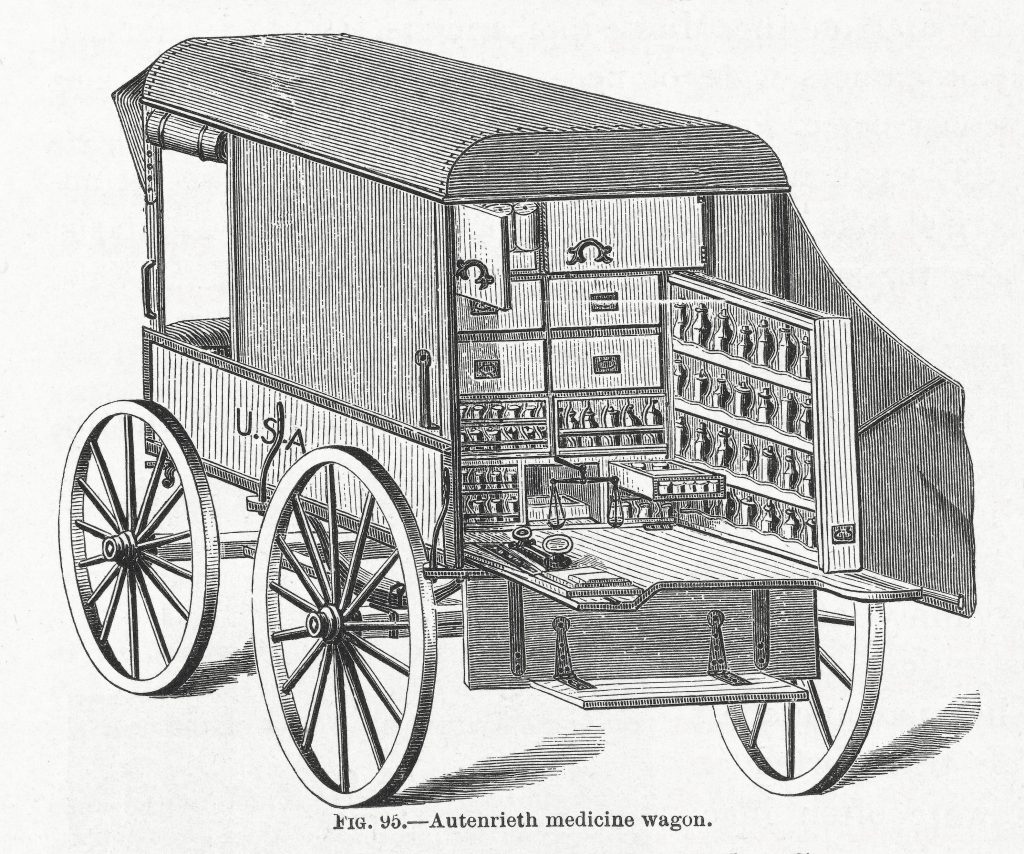My original Cowing ancestor was taken prisoner at the Battle of Worcester on September 3, 1651. Many were shipped to Massachusetts and sold as indentured servants, including John Cowin. Generations later his descendants still lived in eastern Massachusetts, as they do now. Some got the itch to move. Gathelus Cowing moved with his brother to Chesterfield, Massachusetts after serving in the Revolutionary War. His grandson Job (my gr gr grandfather), born in 1820, moved around quite a bit. While working as a lumberman in the area of Orange County in southern New York he met and married his wife, Eleanor Cole.
Eleanor has been a mystery to me for decades. Years ago I discovered that given the area she was from, it was likely that she was of Dutch descent. Members of the Kool family began to spell their name in an English manner. Orange County as well as Ulster County had many settlers that moved out of New York City. I remember having repeated disagreements with my father about this. He didn't believe that she was Dutch. You have to understand that in New England tradition the Dutch were seen as money grubbers. As if the early colonists in New England weren't. To admit that you were descended from Dutch ancestors, for some, could be the same as admitting that you were descended from pirates.
So, on I went. Periodically I would do another search and see if anything came up. I decided a couple of years ago to look at the census returns for Minisink and Deer Park--not a digital search but an actual scan of every page of the returns. In the 1825 return I found a Sarah Cole in Minisink with a girl in the household under the age of five. Hm. At that time it was quite rare for a single woman to be the head of household. Maybe she was a widow? I looked through the rest of the return and nearby found a Benjamin Cole and his wife. Hm. Could they be related? I searched birth records and sure enough Benjamin and his wife had a daughter Sarah born in 1789. Just the right age to have a child. Now, I potentially had Eleanor's mother. I started searching for Sarah Cole. No marriage records which meant Cole was not her married name but her family of origin. Single woman with a young child living in the same town with her parents? I did the math. The most likely explanation was that Sarah was a single unmarried mother who had her child outside of marriage. That explained a lot--no marriage record, no birth or baptismal record for Eleanor, no trace of Eleanor's origin.
What of Eleanor's father? There is absolutely no clue. No name, no record, no nothing. Several possibilities occur to me:
1) Rape (not a pleasant prospect to consider)
2) A consensual relationship, in which the father may have either been married already or would be socially embarrassed by having fathered a child out of wedlock.
3) Incest ( also not a pleasant possibility)
That's about it. I have not been able to find court records yet that might document a paternity lawsuit. My gut feeling is that I'll never know. Her father's identity will most likely be shrouded forever.
The genetic confirmation between Benjamin and Eleanor now confirmed, I could look for any trace of Sarah. Nothing. She doesn't appear anywhere in the 1830 Federal or 1835 New York census. The first possibility is that she had died. Or, somehow she had slipped past a census taker's attention. Or, she may have gone by another name. Regardless, she vanished.
With Benjamin's identity confirmed I was able to trace his ancestry back to 17th century Manhattan before it was taken over by the English. Also there are some French Huegenots from the Kingston, New Paltz area. Pretty interesting.
But it remains that I don't know who this particular gr gr gr grandfather is, and that disappoints me. That's the pitfal of many a genealogical search. Sometimes people disappear, intentionally or not. So he's a ghost, hiding from his descendants.
But there is still a happy ending.
When she was about 25 Eleanor met Job Cowing and they were married in 1845. Together they moved around a bit, spending time in Vermont before settling in Suffield, Connecticut, where they died. They raised a number of children, one of whom, Walter, was my gr. grandfather.
At the time a child born out of wedlock would have faced an uphill climb in the world. It's not surprising that there is no birth or baptismal record. Somehow she managed to grow up, whether in the care of her mother or another relative, and find stability as an adult.
I'm proud of the struggles that she overcame. And, I'm proud of my gr gr grandfather, who didn't care about Eleanor's background but married her for who she was. For the 19th century, that's as good as it could get.
The only oral history I have concerning them was from my gr. aunt Bertha, my grandfather's sister, who remembered them. She said that Job was a rather short man, and a happy person. If that's the only thing anyone can remember about him he's pretty lucky.
Along with my promise to my father to find his Gr gr grandfather Partrick Lewis (see The Empty Chair series) finding out Eleanor’s background was the other genealogical thing I promised him I would do. It only took about forty years but it was worth it. The only remaining thing with that is finding her father but that will most likely remain a mystery until we know as we are known, as the old hymn says.
Postscript: Job is the reason I have a long white beard!































